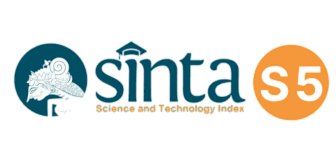Poverty reduction and international civil society intervention in Nigeria: A synopsis
Downloads
Poverty is, no doubt, a social phenomenon that cuts across all races, tribes and countries of the world. Where the difference lies is in the varying degrees of poverty in comparative terms, from one country to another. Particularly, the staggering level of poverty in Nigeria is a pointer to perilous times ahead, factoring in the dominant concepts of globalization and liberalization in global economics. The international poverty line was increased from $1 to $1.90 in September 2015, inadvertently pushing more Nigerians below poverty line. The extreme level of poverty in Nigeria is attributable to factors such as bad governance, unequal distribution of the nation's wealth, unemployment, injustice and marginalization, corruption, lack of education, among others. This study adopts structural-functionalism as the analytical framework to examine the effects of various interventions by international civil society organizations in Nigeria, on the level of poverty and the attainment of Sustainable Development Goals (SDGs). In addition, the qualitative method is used to collect data while content analysis was applied on data gathered through secondary method. The study observes that, for the level of poverty to reduce drastically in Nigeria, there is need for good and effective leadership, strong institutions, as well as public-private partnership in public delivery.
Copyright (c) 2024 Sunday Owen Abang, Rotimi Adeforiti, Kayode Solomon Oni

This work is licensed under a Creative Commons Attribution-NonCommercial-ShareAlike 4.0 International License.
- Copyright of this journal is possession of Editorial Board and Journal Manager, by the knowledge of the author, while the moral right of the publication belongs to the author.
- The formal legal aspect of journal publication accessibility refers to Creative Commons Atribusi-Non Commercial-Share Alike (CC BY-NC-SA), implies that publication can be used for non-commercial purposes in its original form (cannot be modified).
- Every publication (printed/electronic) are open access for educational purposes, research, and library. Other than the aims mentioned above, the editorial board is not responsible for copyright violation.












